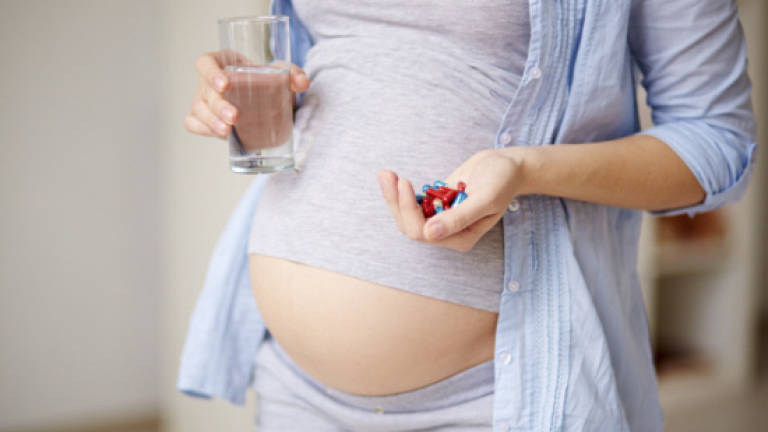New research appears to point to link between vitamin D and autism

NEW research has found that a vitamin D deficiency in pregnancy is linked to an increased risk of autism traits in children.
Carried out by a team of researchers at The University of Queensland's Brain Institute with the Erasmus Medical Centre in The Netherlands, the study analysed 4229 blood samples from pregnant women and their children who were taking part in the long-term "Generation R" study in Rotterdam, The Netherlands.
From their analysis the team found that pregnant women with low vitamin D levels at 20 weeks' gestation were more likely to have a child with autistic traits by the age of six.
The findings add to the body of evidence that suggests a link between low vitamin D and brain growth and neurodevelopmental disorders.
"Just as taking folate in pregnancy has reduced the incidence of spina bifida, the result of this study suggests that prenatal vitamin D supplements may reduce the incidence of autism," commented lead researcher Professor John McGrath.
Vitamin D usually comes from exposure to the sun as well as foods such as oily fish, beef or calf liver, eggs and cod liver oil.
However Professor McGrath commented that, "We would not recommend more sun exposure, because of the increased risk of skin cancer in countries like Australia."
"Instead, it's feasible that a safe, inexpensive, and publicly accessible vitamin D supplement in at-risk groups may reduce the prevalence of this risk factor."
Autism -- or autism spectrum disorder -- is a lifelong condition where sufferers experience developmental disabilities such as an inability to communicate with others, interact socially, or fully comprehend the world.
The results of the study can be found published online in the journal Molecular Psychiatry. — AFP Relaxnews